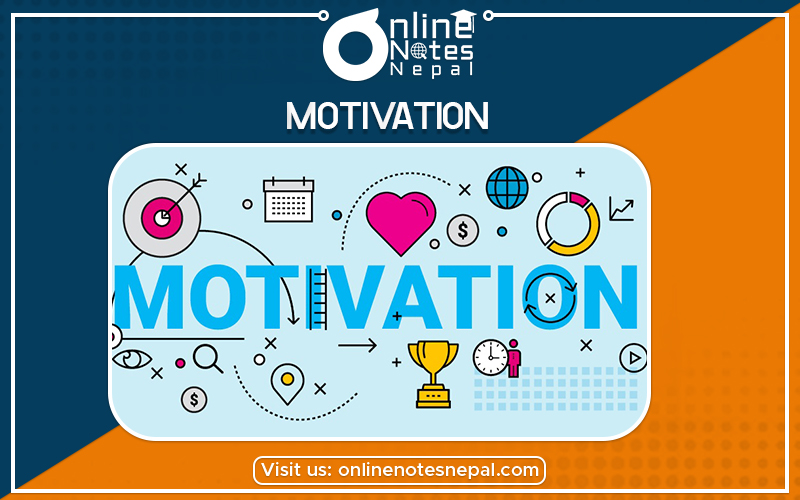Published by: Zaya
Published date: 15 Jun 2021

Motivation refers to the forces within a person that attracts and affects his desire to the destination, intensity, and persistence of voluntary behavior. It can be labeled in the following three aspects:-
Characteristics of Motivation
Need—Drive—Incentives—Reward
The physical or psychological deprivation in the body creates the need. It is the lack of what we want. When the stimuli remain constant we also remain calm or we don’t want any needs. The tendency to restore a balanced condition in the body is called homeostasis characterized by physiological functioning.
It means to operate and control the direction. Internal motivational stress that is connected by a need is a drive. Drives are the action-oriented component or the motion to fulfill the desire of the motivation behavior that builds up until they are satisfied.
It is the appropriate object or situation toward which motivated behavior is directed. Incentives alleviate a need and reduce drive. An organism will approach positive incentives, and avoid negative incentives.
It means a thing given in recognition of service, effort, or achievement. Once the organisms have been obtained the incentives, it drives satisfaction which is the reward. Reward stores the homeostatic condition. If the reward is achieved he will improve his performance.
It explains the sequential level of motives according to its importance by Abraham Maslow in 1970.